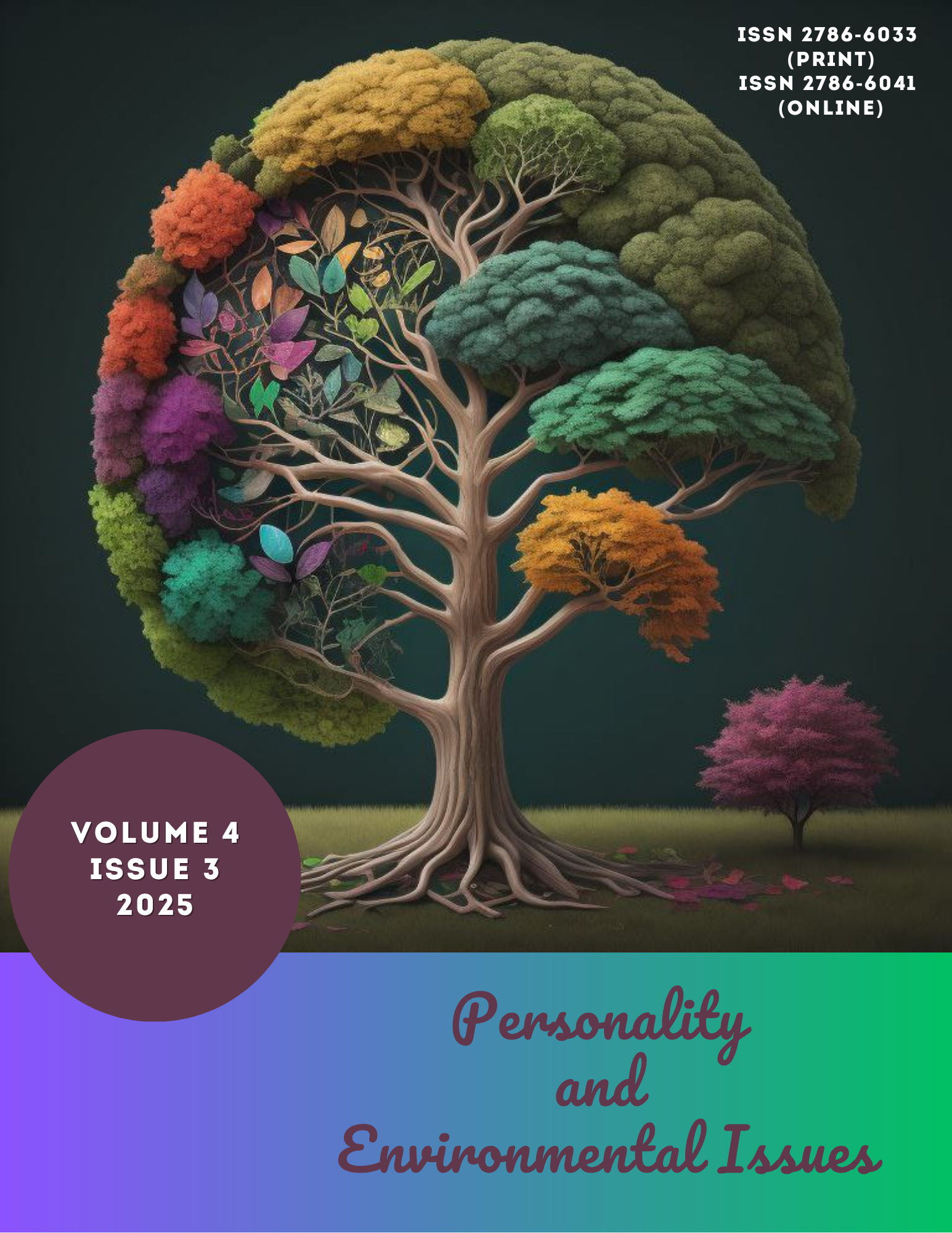Abstract
The article examines the specifics of social work with internally displaced persons (IDPs) in the context of armed conflict. The relevance of this topic stems from the massive scale of internal displacement caused by full-scale war and the need to provide effective support for IDPs at all stages of adaptation. Particular attention should be given to developing and implementing comprehensive approaches to social work that encompass not only material assistance but also psychosocial support, strengthening social ties, and fostering resilience. In current conditions, it is critically important to create inclusive models of IDP integration aimed at long-term stabilization for both individuals and receiving communities. Theoretical analysis has allowed us to conclude that social work with IDPs in Ukraine is implemented through both classical forms (provision of state social services and support) and non-classical forms, which include psychological rehabilitation, adaptation, and work with the micro-environment. The effectiveness of these approaches depends on combining individualized support with interventions targeting the person's social surroundings. Social diagnostics revealed that most IDPs experience maladaptation, indicating difficulties in adjusting to new living conditions. Despite this, internal resources were identified, including self-acceptance, internal locus of control, and emotional stability. Respondents generally demonstrated positive attitudes toward their environment, though some tension in social interactions persists. The predominance of internal over external control suggests a readiness to take responsibility for one's actions. However, while some respondents reported emotional comfort, this coexisted with high levels of psychological stress. A significant proportion of respondents (48.4%) exhibited high stress levels, confirming their vulnerability to traumatic events. Adaptation within receiving communities progresses slowly - over 60% of IDPs have resided in their new location for more than a year yet still face employment challenges and social integration barriers. More than half of respondents struggle with housing and material difficulties. Only one-third have secured employment, while the majority remain job-seeking. Psychological strain related to displacement persists among 59% of respondents. Despite formal community support, the subjective sense of acceptance remains low. These findings underscore the necessity for comprehensive IDP support programs that incorporate psychological assistance, access to education, employment opportunities, and social integration measures.
References
Boyko, V. Methodology for determining difficulties in establishing contacts. http://www.psy.rv.ua
Hryhorenko, I. O., Savelieva, N. M. (2017). Social work with internally displaced persons in modern conditions: A textbook for students and masters of specialties "Social Work" and "Social Pedagogy". Poltava: PNPU. 100 р. (In Ukrainian)
Kolomiiets, A. M., Palamarchuk, O. M., Shulha, H. B., & Kolomiiets, L. I. (2019). Information technologies and learning tools. Information Technologies and Learning Tools, 71(3), 267-281.
Law of Ukraine "On ensuring the rights and freedoms of internally displaced persons". (2014). https://zakon.rada.gov.ua/laws/show/1706-18#Text
Lytiaga, I.V. (2019). Theoretical foundations of social work with internally displaced persons. Modern trends and factors of development of pedagogical and psychological sciences: Proceedings of the international scientific-practical conference (Kyiv, Ukraine, February 1-2, 2019) (Vol. 2, pp. 112-115). Kyiv: NGO "Kyiv Scientific Organization of Pedagogy and Psychology". (In Ukrainian)
Mazina, N. E. (2016). Socio-economic adaptation of internally displaced persons: Approaches to measurement. Bulletin of Mariupol State University. Series: Philosophy, Cultural Studies, Sociology, 12, 131-138. (In Ukrainian)
Nikolaieva, V., & Ponomariova, V. (2023). Social adaptation of IDPs in territorial communities at new places of residence under martial law. Vvichlyvist. Humanitas, 1, 79-85. (In Ukrainian)
Pélissier, Y. (2016). The essence and specifics of social work with internally displaced persons. Scientific Bulletin of V.O. Sukhomlynskyi Mykolaiv National University. Series: Pedagogical Sciences, 1(52), 202-205. (In Ukrainian)

This work is licensed under a Creative Commons Attribution 4.0 International License.
Copyright (c) 2025 Галина Шульга, Ігор Бугайчук





